Boxer
Showing all 6 results
iHeartDogs is Your #1 Source for Boxer Lover Gifts – Boxer Shirts, Boxer Sweatshirts, Boxer Mugs, Boxer Jewelry, Boxer Memorial Products & More!
Each Purchase Helps Provides Donated Food to Shelter Dogs!
Since 2013, iHeartDogs has supported rescues and shelters through each purchase in our Boxer gifts store. Shop boxer t-shirts for him, boxer shirts for her, boxer mugs, boxer hoodies & sweaters, boxer jewelry, and boxer pet memorial gifts.
In our iHeartDogs Dog Health Supplements store, you’ll find Hip & joint supplements for your boxer, boxer probiotics, CBD for boxers, boxer allergy supplements & fish oil, and boxer dental chews & cleaners.
With the cost of veterinarian care skyrocketing, make sure you compare pet insurance plans for your boxer. In recent years, many new pet insurance companies have entered the market and pet insurance for your boxer has become more affordable.
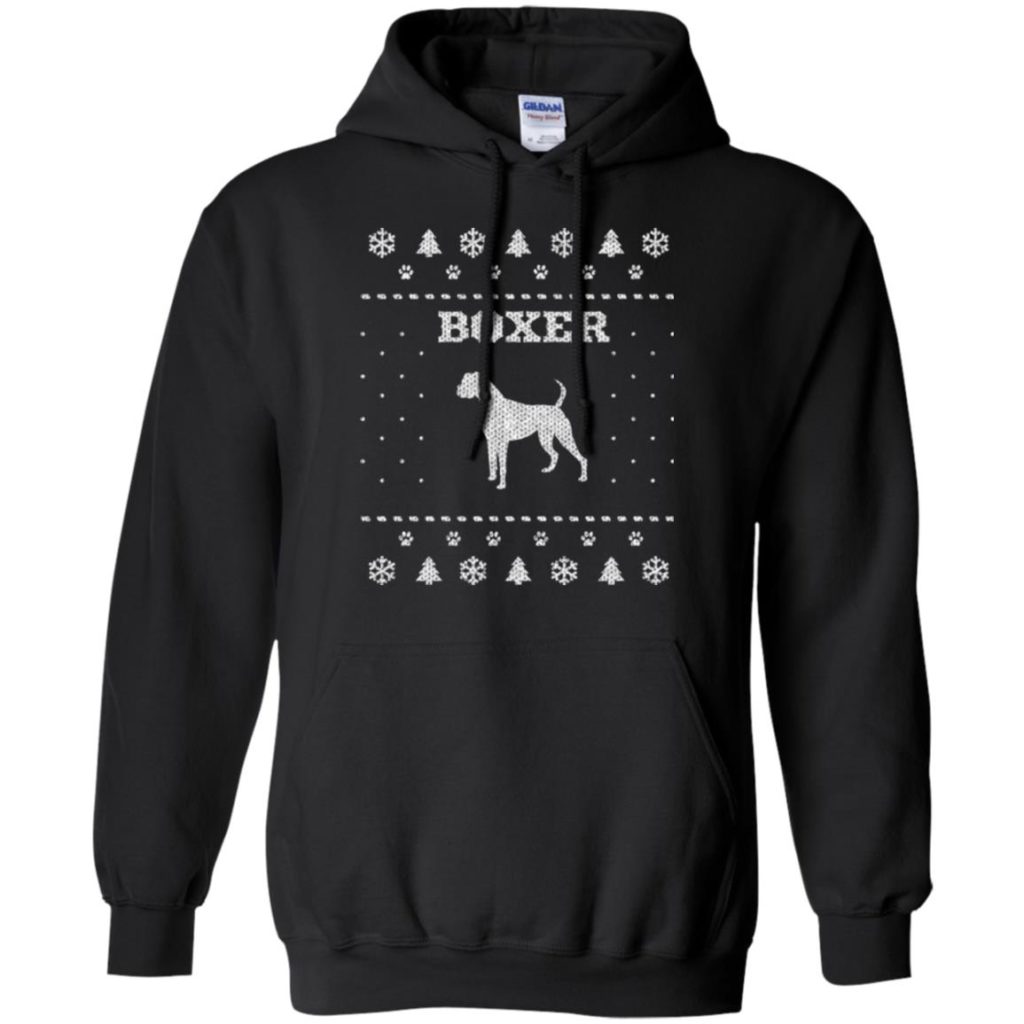
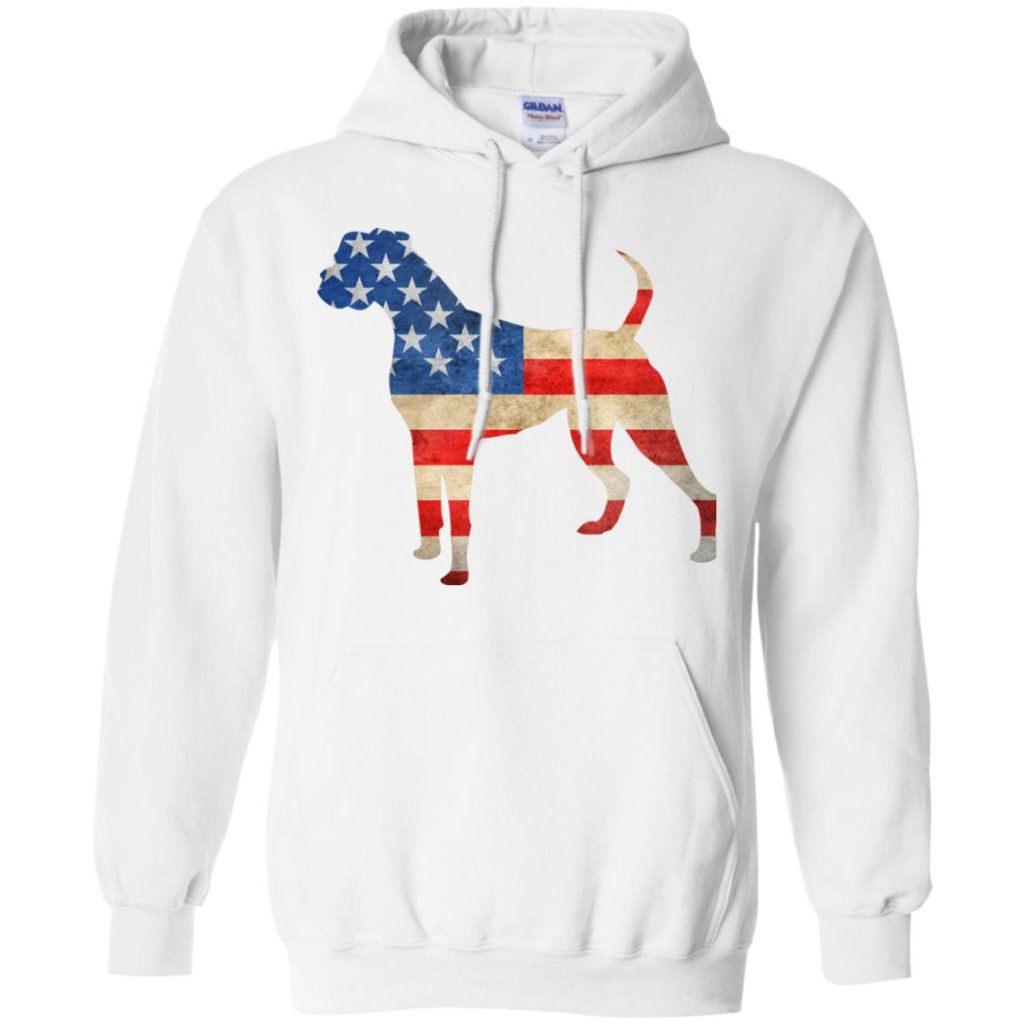
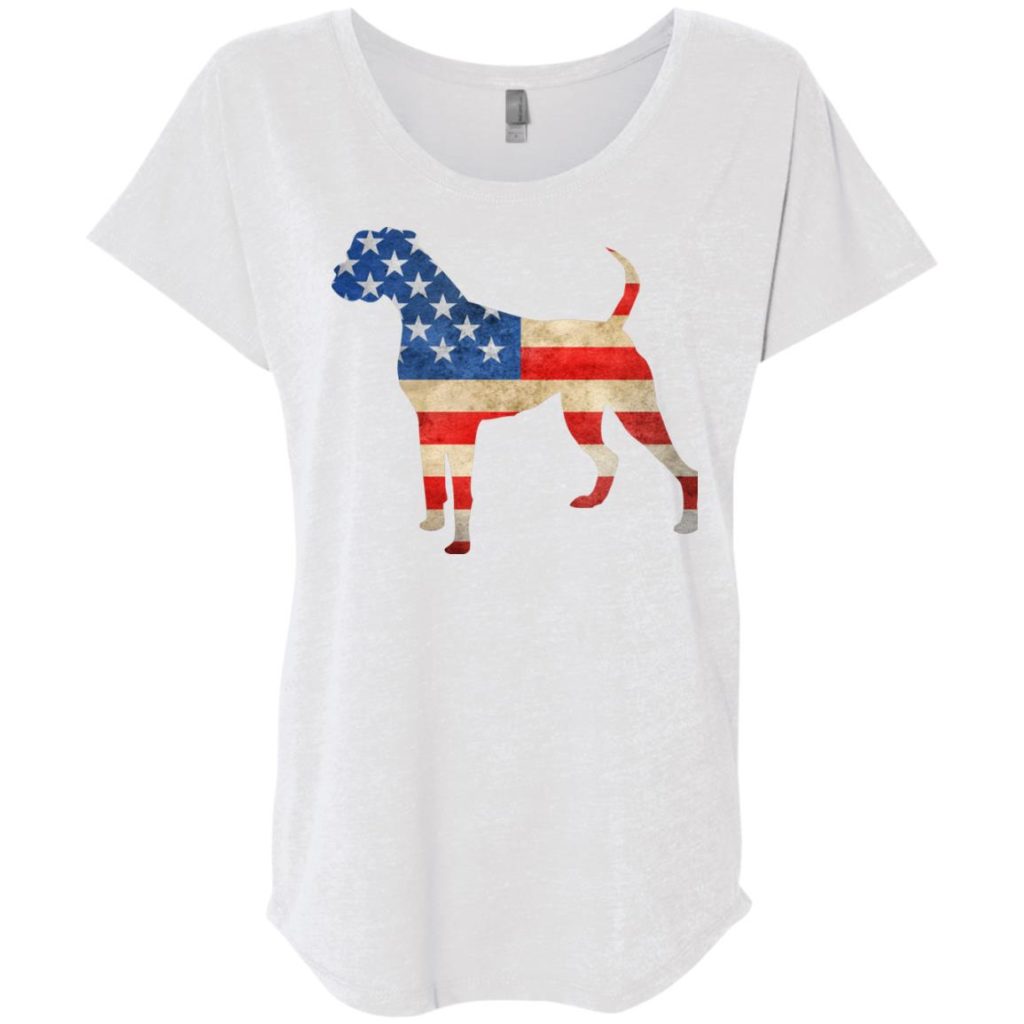




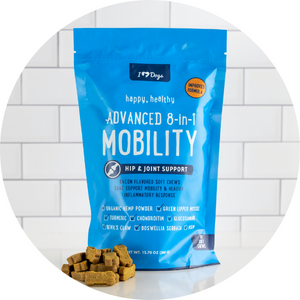

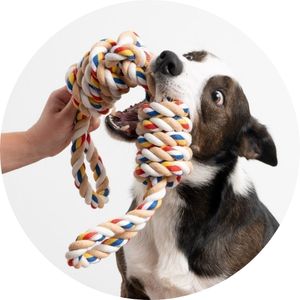










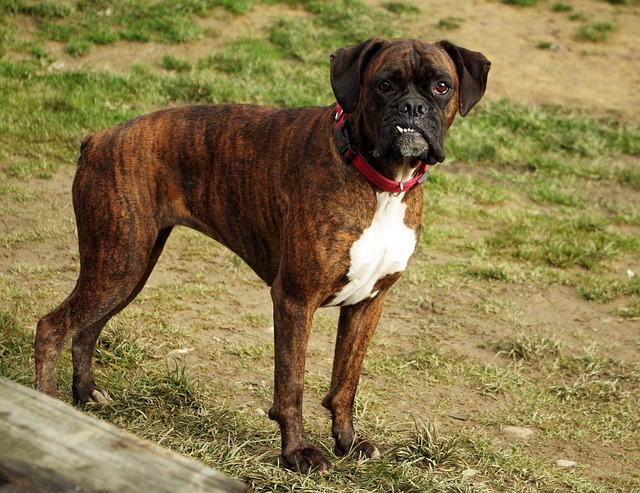


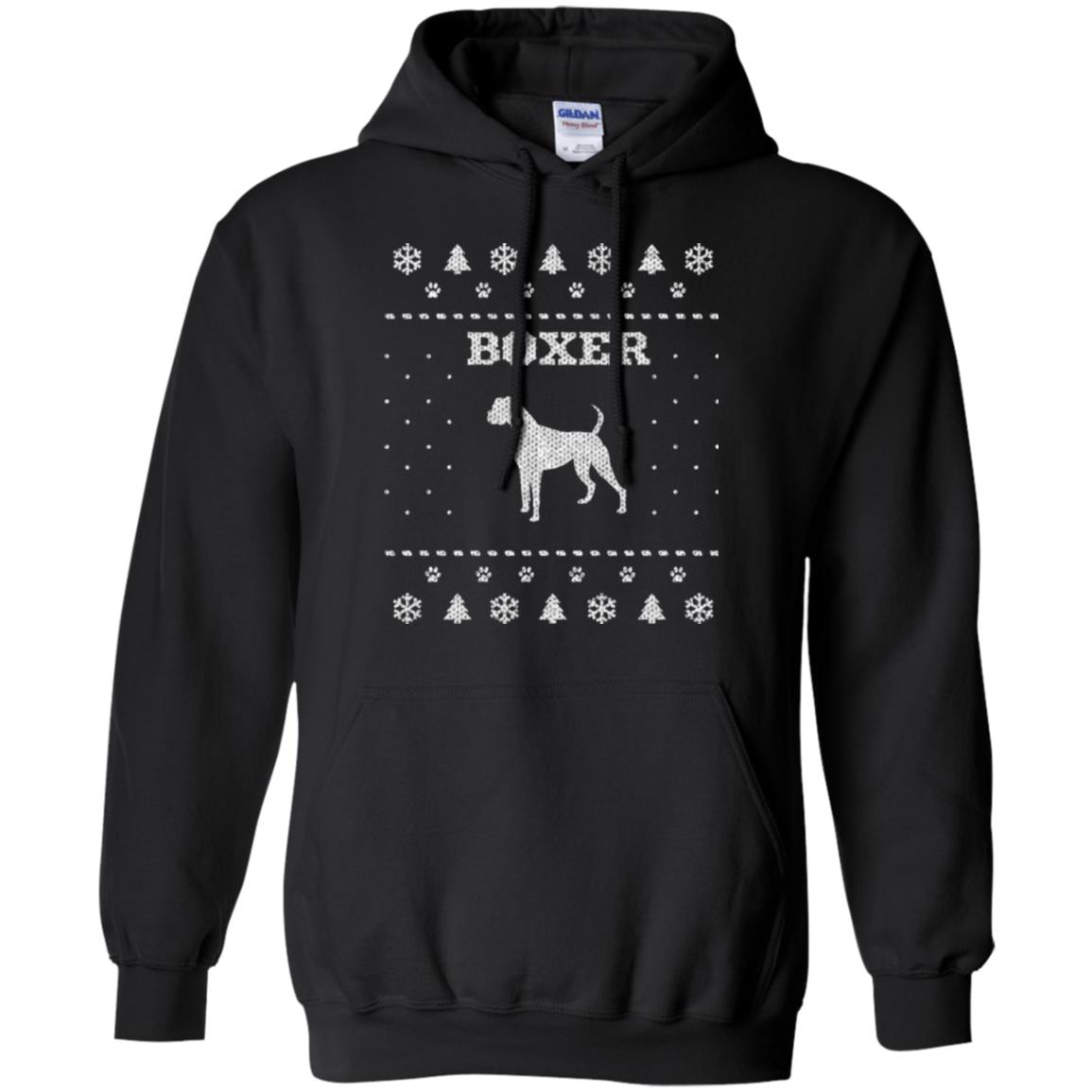


 Toledo, United States.
Toledo, United States.